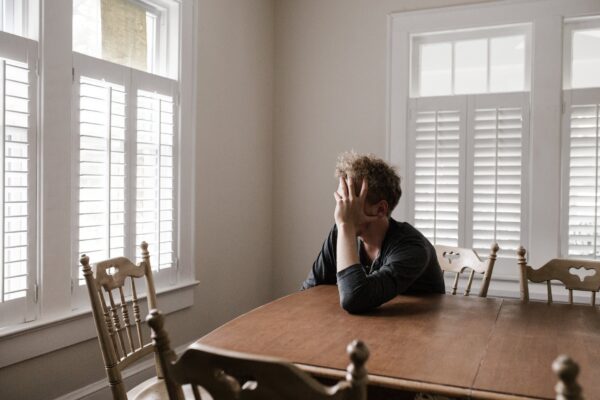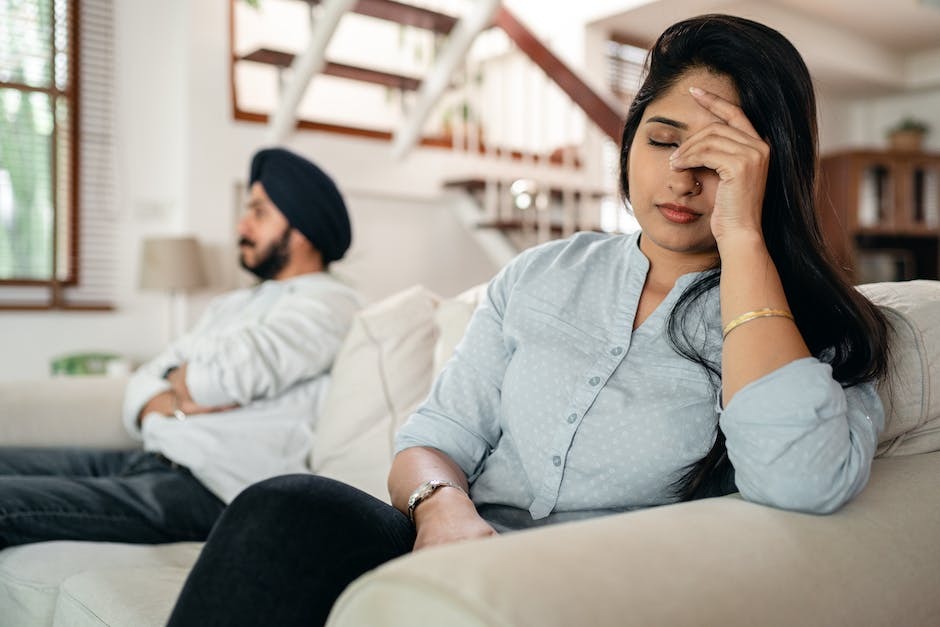Addiction is an ongoing endemic that continues to affect lives and relationships. It has destroyed dreams and families, both directly and indirectly. The good news is modern health treatments have proven that people can indeed recover from addiction and go on to live healthy, meaningful lives. Though addiction treatments and rehabilitation focus more on discipline and behavioral development, they definitely help people recover and return to their lives.
Unfortunately, being a psychological illness, recovering from addiction is not like getting lifelong immunity from a virus like chickenpox or measles. Instead, it’s a lingering illness that may come back if something triggers it. In this case, it will lead to a relapse.
In this article, you’ll learn about addictions and recovery relapse prevention. Moreover, we’ll discuss treatments and courses of action to prevent a relapse from happening or worsening. Let’s get to it.
What is Relapse?
A relapse is a phase wherein a recovering drug addict patient goes back to the old ways. It only means that the patient yearns for the sensation of drugs and tries to be under the influence again. However, relapses are nothing but normal. Experiencing a relapse doesn’t mean that the treatment failed.
In fact, it’s the other way around. When a patient experiences a relapse, it means that there’s recovery and improvement. It means that the treatment worked. Moreover, it doesn’t happen once. A recovering patient may experience relapse more than once. However, relapses vary in degree. Therefore, it doesn’t automatically mean that a person on relapse is using drugs again.
During a relapse, a relapser’s mind is confused. So there are these two opposing thoughts in the patient’s minds. At this early stage, relapse prevention strategies can put the relapser back on track. Going back to counseling and group sessions can help relapsers realize that they’ve gone too far to fall back.
However, some patients might give in to the temptation. Well, that’s still a relapse. Typically, people who tried using drugs again after being sober often feel guilty about it right after. However, the guilt only means that the treatment worked. It implies the relapser has a sense of right and wrong. Hence, there’s nothing to be afraid of in this case.
Can You Stop an Addiction Relapse?
The simple answer is no. You cannot stop a relapse from happening. However, you can prevent it. We’ll discuss more on that in the next section. In the meantime, let’s expound on why relapses can’t be stopped. First, addiction is psychological. Why do people use drugs? They because it feels good. Why do they keep on using it? Well, it’s because they always want to feel good. And if a person does that over and over again, he becomes addicted. Hence, addiction is not something you acquire overnight.

Addiction happens over the years. That’s why recovery from addiction takes years as well, and part of that recovery is relapse. It is unavoidable because rehab restrains a patient’s mind from relying on the drug for comfort and happiness. Now that the brain constantly wants the drug, relapse will definitely happen sooner, if not later.
What are Several Guidelines for Preventing Chronic Relapse?
How to prevent relapse? That’s the better question to ask. As stated earlier, relapse is normal, but you can work around it. If you’re a family member or a carer of the patient, you also have a role in preventing future relapses from happening. In the next section, we’ll explore more on that role.
Here, let’s check out some steps that an acute or chronic relapser addict can take to prevent the progression of the relapse:
- Continue attending the treatment program. One of the signs of relapse is when a patient starts to think that the treatment isn’t working. However, keep treading. Relapse prevention begins with you.
- Tell the medical professionals in charge of your treatment that you’re having a relapse. Don’t keep it to yourself. It only makes things worse. Tell them as soon as possible.
- Know what triggers you. Relapse happens when an external stimulus triggers you. It may be boredom, loneliness, or personal problems. In other words, discover yourself.
- Attend support groups often. Self-treatment works, but it fades off over time. You need people to encourage you to continue. Support groups are the best place to go because you all share a common hurdle.
- Sign up for therapies. Consulting with a psychiatrist can help you address a relapse adequately. Start looking for recovery therapy in Phoenix if you start feeling unsure about your progress.
How Can I Help Prevent my Loved One From Relapsing?
As a family member or significant other, you have a big role to play in the recovery of an ex-addict. Recovering from addictions and recovery relapse prevention is not something that the patient endures on their own. You also have to be there to guide on the right track. Here are some ways to prevent your loved one from relapsing:
— Foster a safe space between your loved ones to encourage them to open up to you.
— Take charge of looking for outpatient treatment for addiction in case the relapse worsens.
— Provide encouragement and support to them.
— Be a good influence and expose them to new hobbies or activities.
— Be available when needed.

— Try to know the triggers of your loved ones and better understand them.
— Be the voice of reason when your loved one is doubting and anxious about the treatment.
— Always be calm and understanding.
— Avoid confrontations as much as possible.
What Treatment is Effective in Preventing Relapses?
In a study published in the Yale Journal of Biology and Medicine, cognitive therapy is one of the main treatment techniques to help drug addicts cope with a relapse. Mainly, cognitive therapy aims to change the patient’s way of thinking from negative to positive. In addition, this therapy also addresses the fear of relapses, fear of success, and fear of missing out on things.
Basically, cognitive therapy focuses on redefining a relapser’s way of thinking. It aims to redefine the relapser’s point of view without being under the influence. If you’re looking for effective outpatient treatment solutions, you can try cognitive therapy.
Closing Thoughts
Recovering from addictions and recovery relapse prevention is a gradual process. Every little step is a victory, but every setback is an opportunity. However, when things don’t improve, be sure to ask for help. Knowing when to ask for professional help and seeking it is a very important step in the recovery process.
The doors of Buena Vista Health and Recovery center are open to help you get back on track. Contact us now at our 24-hour admission lines at 480-999-2998 to get started.





